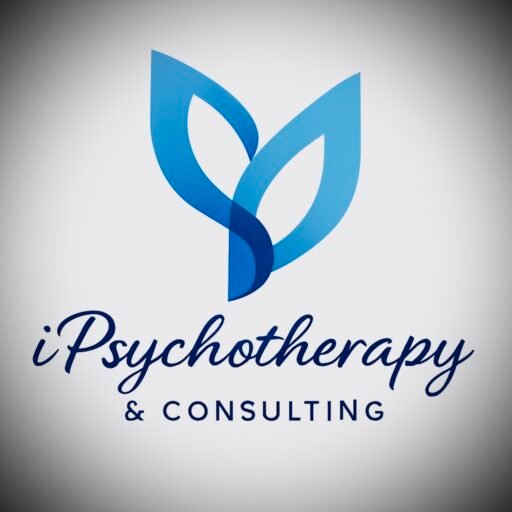
- Types of Therapy
- August 7,2025
- BY info@zrortl.com
- 0 Comments
Deciding to start therapy is a big step—but with so many different approaches available, how do you know which one is right for you? Whether you’re dealing with anxiety, trauma, relationship issues, or just feeling stuck, the type of therapy you choose can make a big difference in your healing journey.
In this guide, we’ll break down some of the most common psychotherapy approaches, what they’re best for, and how to determine which one might be the best fit for your needs.
“CBT gave me my life back. I learned to quiet the constant worry and break the cycle of depression. Forever grateful for this compassionate and effective approach.”
James Wilson, Software Developer
1. Cognitive Behavioral Therapy (CBT)
Best for: Anxiety, depression, phobias, OCD, and negative thought patterns.
How it works: CBT focuses on identifying and changing unhelpful thoughts and behaviors. The idea is that by shifting the way you think, you can change the way you feel and act.
When to consider it: If you find yourself stuck in cycles of overthinking, self-criticism, or avoidance, CBT can help you develop healthier coping strategies.
2. Dialectical Behavior Therapy (DBT)
Best for: Emotional regulation, self-harm, borderline personality disorder (BPD), and intense mood swings.
How it works: DBT combines CBT techniques with mindfulness and distress tolerance skills. It helps people manage overwhelming emotions and improve relationships.
When to consider it: If you struggle with impulsivity, self-destructive behaviors, or feeling emotionally out of control, DBT can provide practical tools for stability.
3. Solution-Focused Brief Therapy (SFBT)
Best for: Short-term goal setting, motivation issues, and life transitions.
How it works: Instead of focusing deeply on past problems, SFBT helps you identify solutions and take small, actionable steps toward change.
When to consider it: If you want quick, practical strategies rather than long-term exploration, SFBT may be a good fit.
4. Narrative Therapy
Best for: Trauma, self-identity struggles, and feeling “stuck” in negative life stories.
How it works: This approach helps you separate yourself from your problems by “rewriting” your personal narrative. It empowers you to see yourself as the author of your life, not just a victim of circumstances.
When to consider it: If you feel defined by past experiences or societal labels, narrative therapy can help you reclaim your story.
5. Emotion-Focused Therapy (EFT)
Best for: Couples therapy, attachment wounds, and unresolved emotional pain.
How it works: EFT helps people understand and process deep emotions, often improving relationship dynamics by fostering empathy and connection.
When to consider it: If you have recurring conflicts in relationships or struggle with emotional intimacy, EFT can help you heal and connect more deeply.
6. Acceptance and Commitment Therapy (ACT)
Best for: Chronic stress, avoidance, and existential struggles.
How it works: ACT teaches mindfulness and acceptance of difficult emotions while encouraging action aligned with personal values.
When to consider it: If you tend to suppress emotions or feel paralyzed by fear, ACT can help you move forward without fighting your feelings.
7. Mindfulness-Based Approaches
Best for: Stress reduction, anxiety, and improving present-moment awareness.
How it works: These therapies (like MBCT or MBSR) use meditation and mindfulness to help you stay grounded and reduce reactivity.
When to consider it: If you often feel overwhelmed by racing thoughts or disconnected from the present, mindfulness can bring calm and clarity.
8. Trauma-Based Therapy
Best for: PTSD, childhood trauma, and emotional wounds from past experiences.
How it works: Trauma therapy (such as EMDR or somatic therapy) helps process and release stored trauma in a safe, controlled way.
When to consider it: If past trauma still affects your daily life—through flashbacks, hypervigilance, or emotional triggers—trauma therapy can support deep healing.
How to Choose the Right Therapy for You
There’s no one-size-fits-all answer, but here are some questions to help guide your decision:
What are my main struggles? (e.g., anxiety, trauma, relationship issues)
Do I want short-term solutions or long-term exploration?
Do I prefer structured techniques or open-ended conversation?
Have I had therapy before? What worked (or didn’t) for me?
A skilled therapist can also help assess which approach aligns best with your needs. Many therapists integrate multiple methods, so you don’t have to stick to just one!
Final Thoughts
Therapy is a personal journey, and the “right” approach depends on your unique needs and goals. If you’re unsure where to start, a consultation with a therapist can help you explore options in a supportive way.
Ready to take the next step? [Contact us] to discuss which therapy might be the best fit for you.




